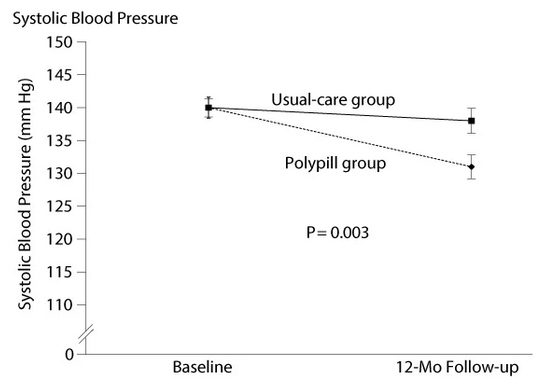Walgreens drones, polypill potential, NIH studies CBD, and more
21 Sep 2019
Posted by Andrew Kantor
Look! Up in the sky! It’s my Benadryl delivery!
Walgreens, partnering with Alphabet*, is about to start testing drone delivery. Next month it will begin tests of sending foods, beverages, over-the-counter meds, and more by autonomous drone. No, it won’t deliver prescription meds … yet.
* Google’s parent company
Our number two story
Add to the list of reasons to help patients who are obese: A new study by researchers at Beth Israel Deaconess Medical Center found that obesity directly correlates with chronic diarrhea — the higher the BMI, the greater the risk.
“Our research confirms a positive association between obesity and chronic diarrhea and reveals for the first time that this relationship is not driven by confounding factors such as diet or physical activity level.”
Diabetes: Monitoring FTW
If you want to help patients control their diabetes, the answer is CGM. A three-year study finds that continuous glucose monitoring — the emphasis is on continuous; we’re not talking about “flash” monitoring — was the most important factor in controlling diabetic reactions.
Pumps are great, fo’ sure, but CGM gives the best outcomes.
Above link goes to the news story; here’s the paper.
CBD studies get some research cash
Can CBD treat pain? The National Institutes of Health is spending about $3 million to find out. (It’s actually looking at other components of cannabis as well, including cannabigerol, cannabichromene, and terpenes — everything but THC.)
Taking polypills to heart
A combination drug — a polypill — with low doses of amlodipine (2.5 mg), atorvastatin (10 mg), losartan (25 mg), and hydrochlorothiazide (12.5 mg) lowers the risk of heart attack, stroke, and heart disease. It’s been used in low-income countries, so can it be used for low-income Americans as well?

Private problems
Privately run Medicare plans mean some patients can’t get their drugs. When there are so many payors involved — not to mention PBM middlemen — prescribers can’t find out what’s covered. And patients suffer — “as many as 84 million pharmacy claims were rejected in 2017 by the private health insurers that run Medicare’s drug benefit, known as Part D,” according to HHS.
The bureaucratic hiccups can delay or prevent people from getting needed medications. It’s a consequence of the administrative complexity of American health care. An intricate chain of middlemen and third-party payers links suppliers of medicine with patients, so a snag anywhere along the way can create headaches for patients and their families.
There’s a target all right
If you were worried that senior management at Purdue Pharma might not get their bonuses if the company declares bankruptcy, fear not. The company is hoping to pay about $34 million in bonuses to people who have met “target performance goals.”


